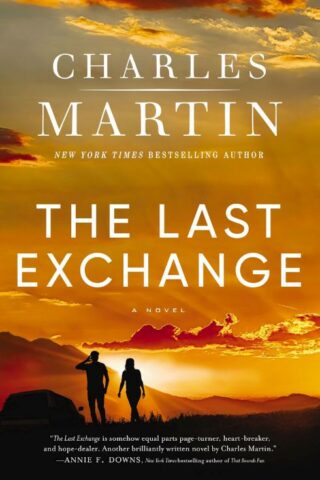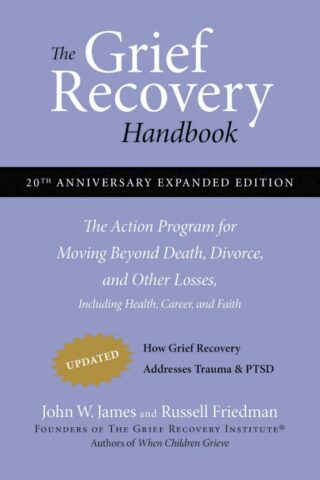Do You Think Im Beautiful Bible Study And Journal
$17.99
So many women today grapple with body image. Teenage girls starve themselves because they think they are fat. Older women explore the world of plastic surgery, desperately trying to turn back the clock. But more unfortunate is the woman suffering from poor soul image_the woman who can’t see herself as beautiful even on the inside. “Do you think I’m beautiful?” is an emotionally and spiritually charged question. But it is one that Angela Thomas believes is universal to all women_whether they adamantly deny it or announce it each time they enter a room. Until a woman gives herself permission to ask this question, and until she asks the only One who can ultimately answer it, fulfillment will be elusive. This workbook allows readers to apply the lessons Angela has learned on her own feminine journey, as she asked this question, searching for an answer in all the wrong places. Excerpts from the book are paired with in-depth Bible study questions and ample space for recording thoughts and responses.
in stock within 3-5 days of online purchase
SKU (ISBN): 9780785262237
UPC: 020049024768
Angela Thomas
Binding: Trade Paper
Published: November 2003
Publisher: Thomas Nelson
Print On Demand Product
Related products
-
Grief Recovery Handbook (Anniversary)
$17.99Newly updated and expanded to commemorate its 20th anniversary-this classic resource helps people complete the grieving process and move toward recovery and happiness
Incomplete recovery from grief can have a lifelong negative effect on the capacity for happiness. Drawing from their own histories as well as from others’, the authors illustrate how it is possible to recover from grief and regain energy and spontaneity. Based on a proven program, The Grief Recovery Handbook offers grievers the specific actions needed to move beyond loss.
New material in this edition includes:
How to choose which loss you should work on first
How to deal with growing up in an alcoholic or otherwise dysfunctional home
Loss of faith
Loss of career
Loss of health
And much, much more.Add to cart7 in stock (additional units can be purchased)
-
Mothers And Daughters Of The Bible Speak
$26.99God always keeps His promises, but not always in the way we expect….
“Have faith” is a phrase we hear all the time. But what does it actually look like to live it out? In The Mothers and Daughters of the Bible Speak, Shannon Bream examines the lives of biblical women to see how God’s plans can turn our worlds upside down. She tells the story of Jochebed, a mother who took enormous risks to protect her son, Moses, from Pharaoh. Could Jochebed have imagined that God’s actual design for her son involved flight into exile and danger? And yet this was all part of the master plan to deliver Israel from slavery. Another biblical mother, Rebekah, made terrible choices in an attempt to ensure her son’s place in history. And a daughter, Michal, struggled to keep her faithless father, Saul, from sin, while battling pride in herself.
Through these stories, Shannon explains the intimate connection between faith and family–and how God’s unexpected agenda can redefine the way we think about family. Not all of these mothers and daughters in the Bible were paragons of virtue. Like us, they were human beings who faltered and struggled to do their best. While some heard God’s voice, others chose their own paths. Through the lens of their imperfections, we can see how God used their stories to bring about His divine plans. He’s still doing the same work in our lives today.
The Mothers and Daughters of the Bible Speak shows that faith is more often a twisting road than a straight line. Yet, as the stories of biblical families attest, at the end of these journeys lies greater peace and joy than we could ever imagine.
Add to cart4 in stock
















Reviews
There are no reviews yet.